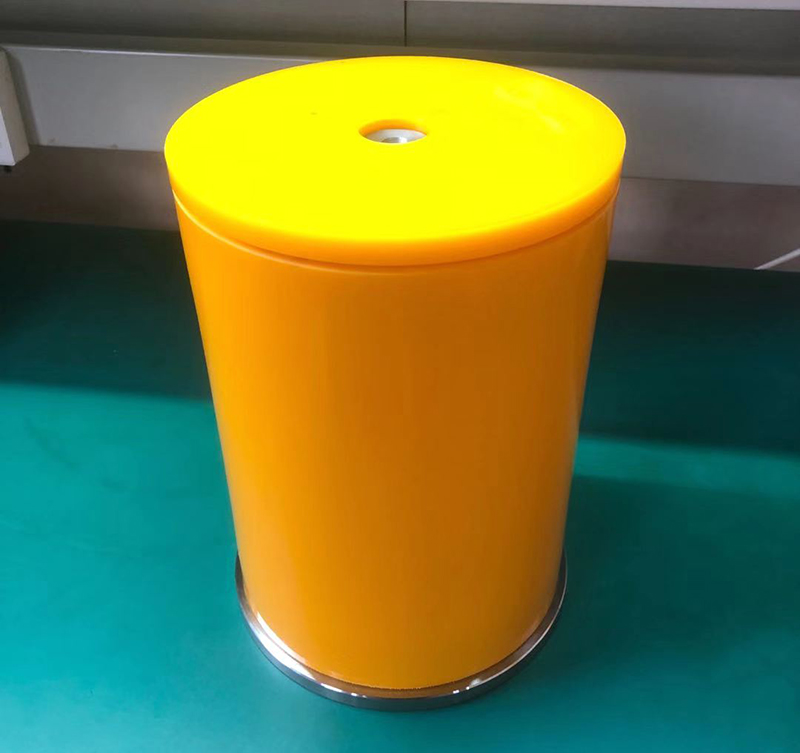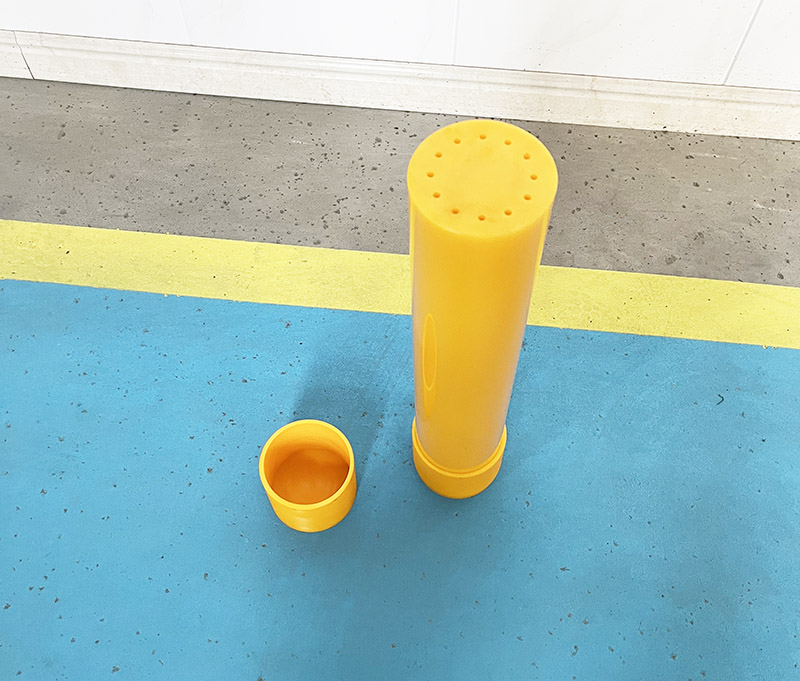
Advantages of Polyurethane Bags Isostatic Pressure
Categories: CIP bags, CIP mold
Application: Advantages of Polyurethane Bags Isostatic Pressure
InquiryMain description:
Advantages of Polyurethane Bags Isostatic Pressure


Advantages of Polyurethane Bags Isostatic Pressure
Advantages of Polyurethane Bags Isostatic Pressure
I. Wider range of applications. Polyurethane material has a wide range of hardness, and can be made into isostatic dies of different hardness according to different equipment or pressing process. For example, when pressing large size workpieces, the rigid mold is made of polyurethane material with larger hardness, which has good support force when loading materials and the mold will not be deformed; when pressing some shaped parts, the soft mold of polyurethane with low hardness is easy to release the mold after pressing and convenient to use. These features are not met by isostatic rubber mold.
2. The polyurethane isostatic pressing mold is more accurate. Polyurethane mold is made by casting, higher precision, more uniform material, and more obvious advantages when pressing high precision products.
3. The deformation is small and the yield is high. Polyurethane isostatic mold is made of liquid polyurethane prepolymer casting, the material is more uniform, the pressing process into a more uniform pressure transfer, will not occur bending or distortion.
4. Longer service life. Polyurethane than rubber has a better resistance to pressure, pressure after the rebound fast, small deformation, long time use of precision does not reduce. And isostatic compression rubber mold with a long time the surface is prone to oxidation and produce sticky. While polyurethane material has the ability of oxidation, after long time use or placement, the mold performance will not be reduced.
5. The surface of polyurethane mold is smoother, the surface of the finished products pressed is also smooth, post-processing is reduced, improving efficiency and reducing costs.
6. Easy to release the mold. Polyurethane has good resilience and does not stick to the material, so it can be quickly demolded after pressing, with less post-processing and high efficiency.











